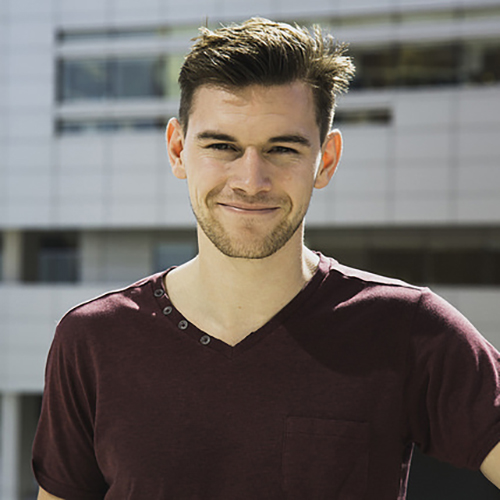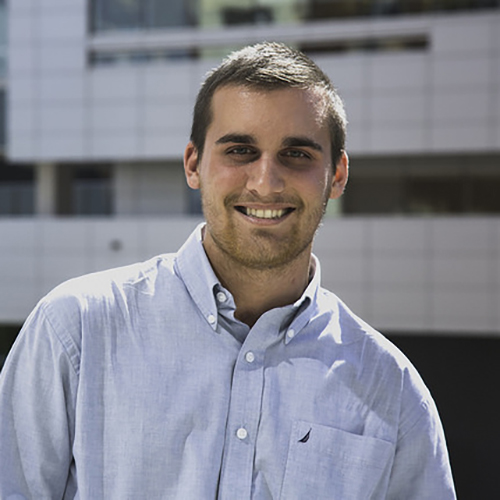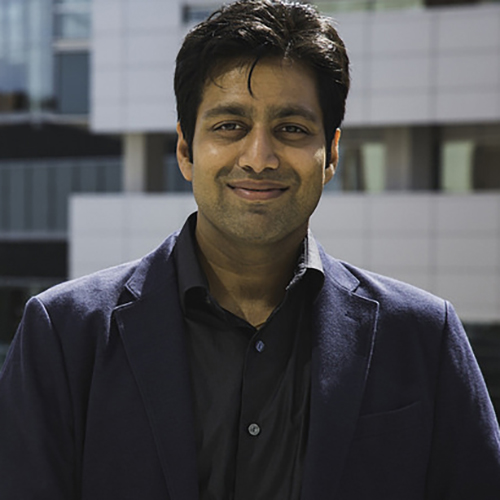Carrie L. Peterson, Ph.D.
Dr. Peterson is the director of the Rehabilitation Engineering to Advance Ability Laboratory (REALab) with expertise in musculoskeletal biomechanics and neurorehabilitation. Dr. Peterson received her B.S. in mechanical engineering from the University of Michigan, her M.S. and Ph.D. in mechanical engineering from The University of Texas at Austin, and completed postdoctoral training at Northwestern University. Working with current and former students, collaborators, and mentors, she has applied her expertise to direct rehabilitation for individuals with post-stroke hemiparesis, spinal cord injury, or amputation. Dr. Peterson also enjoys teaching courses titled: Statics and Mechanics of Materials, Rehabilitation Engineering and Prostheses, Modeling and Simulation of Human Movement, and Biomechanics.
.jpeg)
.jpeg)
Dr Peterson's curriculum vitae and recent syllabi for her courses can be found here:
Statics and Mechanics of Materials: EGRB 203
Rehabilitation Engineering and Prostheses: EGRB 423/591
Modeling and Simulation of Human Movement: EGRB 491
Contact Dr. Peterson at clpeterson@vcu.edu
Lab Personnel
Hanhsen Zhao
Hanhsen completed his B.S. in biomedical engineering at VCU. He is currently pursuing his Ph.D. Hanhsen's doctoral research focuses on modeling and simulation of wheelchair propulsion to estimate joint and muscle forces across the lifespan for individuals with paraplegia. The long term goal of this research is to prevent shoulder pain in wheelchair users.
Contact Hanhsen at zhaohs@vcu.edu
.jpg)
.jpg)
Mahdi Paslar
Mahdi received a BE in mechanical engineering from Shiraz University and a MS in biomedical engineering from K.N. Toosi University of Technology. Mahdi currently is a doctoral student in the REALab at VCU. His research is focused on trans-spinal stimulation paired with virtual reality-based upper limb training, and predicting brain stimulation outcomes via machine learning.


Yeajin Cho
Yeajin is pursuing her Master's degree. As an undergraduate student at VCU, Yeajin contributed to several REALab projects and co-authored two publications. For her Master's thesis, Yeajin's work focuses on modeling and simulation of wheelchair propulsion with special attention to scaling of musculoskeletal models based on experimental measures of strength and muscle thickness.
Contact Yeajin at choy24@vcu.edu
.jpg)
.jpg)
Alumni Graduate Students
Thibault Roumengous
Thibault studied physiology, human movement sciences and rehabilitation towards his undergraduate and Master’s degrees at the University of Toulon and Aix-Marseille University in France. He received his Ph.D. in biomedical engineering at VCU. His doctoral research focused on developing methodology to reliably quantify voluntary activation in neurologically impaired patients using transcranial magnetic stimulation.


Blaize Majdic
Blaize received his B.S. in biomedical engineering from James Madison University and his M.S. in biomedical engineering at VCU. For his MS research, Blaize investigated the efficacy of non-invasive brain stimulation (intermittent theta burst) to increase corticomotor excitability of the pathway to the biceps in nonimpaired individuals and individuals with cervical spinal cord injury.


Christopher Lynch
Chris completed his BS in at North Carolina State University, and MS in biomedical engineering at VCU. His Master's research focused on the effects of stimulus waveform on transcranial magnetic stimulation metrics.


Neil Mittal
Neil received his M.D. from Śląska Akademia Medyczna w Katowicach in Poland, B.S. and M.S. degrees in biomedical engineering from Drexel University, and PhD in biomedical engineering from VCU. Neil's doctoral research at VCU focused on computational modeling of brain stimulation, the efficacy of repetitive brain stimulation to increase excitability of proximal arm muscles in individuals with spinal cord injury, and computational modeling of neuron spiking.

